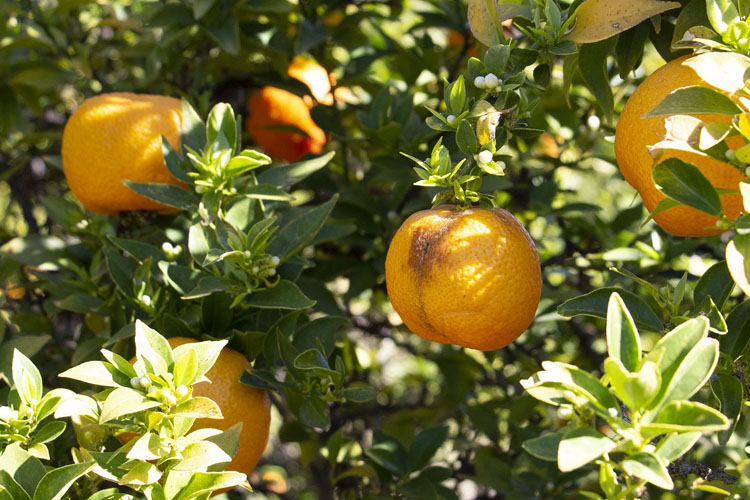Chemical fertilizers, just like all fertilizers, increase the size of harvest by nourishing the plants. Of course, this is beautiful. However, when you have seen the effect of water and ecological contamination in general, you would begin to consider the harm behind the seeming beauty of chemical fertilizers.
To begin with, fertilizers are like your delicious meals. They combine a percentage of certain elements to enhance plants’ growth. The composition includes macronutrients like nitrogen, potassium, and phosphorus.
Fertilizers come in two different kinds. We have the organic fertilizers and the inorganic fertilizers. Organic fertilizers are made of natural ingredients like plant and animal remains as well as organic waste. Inorganic or chemical fertilizers, on the other hand, are made from chemicals, processed using chemical treatments.
Below are the hidden dangers of the latter.
Environmental issues: contamination of water
One of the numerous problems of chemical fertilizers is that they seep through the soil, down into groundwater. Given that they are mostly in the form of chemicals makes it even easier for them to be absorbed by the soil. From this groundwater, they can get to the bigger bodies of water that have plant and animal lives. This is where the problem begins.
Scientists say the NPK in chemical fertilizers creates what is called a dead zone. They make aquatic plants and especially plankton grow faster. When planktons thrive, they consume a lot of needed oxygen in the water and blocks out more oxygen from getting into the body of water. This will put aquatic animals in a very tight situation. They need oxygen to survive, yet they are unable to gain access to them.
This instigates death of fishes and other aquatic animals. If you have been around a place where chemical fertilizers are used regularly, you will notice that there is a shortage or absence of crustaceans and fishes in the rivers in that area. Chemical fertilizers have done its damage. You can imagine what the effect this will be on the fishing industry and ecosystem at large. It doesn’t end there.
After this disaster has hit the area, the damage will remain; stopping the use of chemical fertilizers will not put an end to it. Nitrogen can be present in the water for long years. Although terminating the use of chemical fertilizers will not compound the problem, the existing problem will remain for a long time. The better option is to go with natural plant fertilizer. These are more eco-friendly and will not affect aquatic life negatively.
Environmental issues: issues of global warming
The main cause of problems relating to global warming is the production of carbon dioxide. Nitrogen is another cause, but it is not as widespread as the former. In our world, cars, power plants, and engines are the common sources which release nitrous oxide into the atmosphere. Using chemical fertilizers is indirectly adding more nitrogen to the environment. Natural plant fertilizers are not the culprits here.
Acidic Topsoil
The nitrogen in chemical fertilizers lowers the pH level of the soil. This will affect plant growth negatively. This is because plants cannot thrive on soils which are too acidic, usually with pH level lesser than 5.5.
In conclusion, this will also affect fruit development in the long run. If you use chemical fertilizers for food crops, likely, the food will not be as nutritious as those who are nourished with natural fertilizers.




